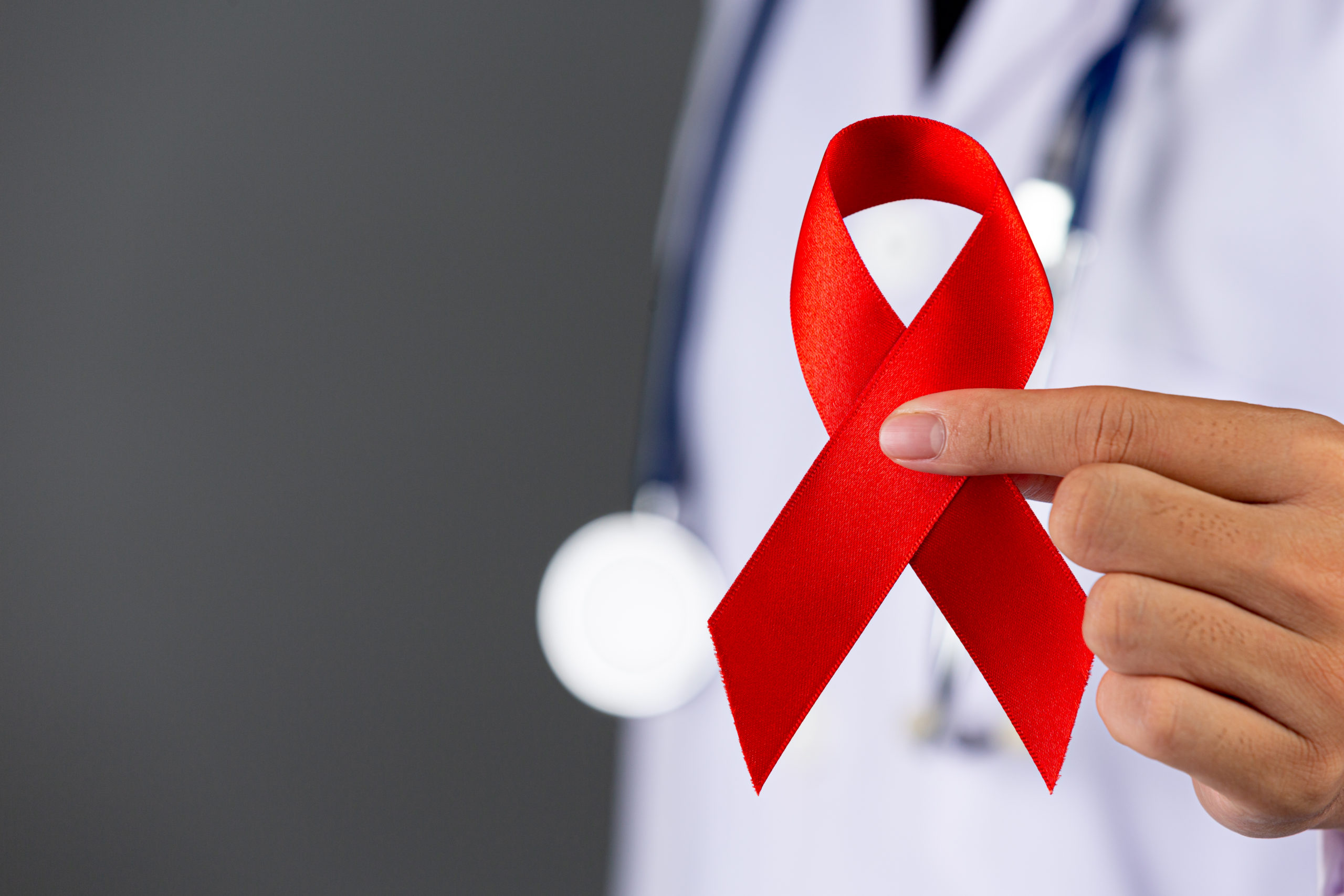Throughout the years HIV and AIDS have been highly stigmatized illnesses. Stigma and discrimination often arise from societal misconceptions and stereotypes. These misconceptions can affect the mental health of people who are diagnosed positive as well as create larger societal problems.
Broadly speaking, HIV can be defined as a virus which attacks the immune system. HIV is what leads to the manifestation of AIDS which, according to Dr Linda Brannon, is a disorder that leads to an impaired immune system, making the individual defenceless against diseases. Misconceptions oftentimes arise from people not fully understanding what HIV really is. A 2011 study highlighted that the lack of knowledge about the disease can lead to misinformation about how HIV is transmitted. The study highlighted that people tend to associate HIV with already marginalized behaviours like sex work, drug use, and homosexual behaviour. These associations can greatly affect how an HIV-positive individual is perceived by those around them. The media also plays an important role in the stigmatization of those who are HIV positive, as the way it portrays people with HIV and reports about the illness itself greatly affects peoples’ perceptions.
These misconceptions and judgments can create a lot of shame for people who are HIV positive. In a 2005 study, the participants stated that they are often blamed by those around them for their situation. In addition, they often admit to self-shaming as well as feeling embarrassment. This constant shame can lead to mental health issues such as depression. Shame and stigma can also lead to poor adjustment among those who are HIV positive. Stigma is a contributing factor in medication adherence, which is defined as whether or not an individual sticks to their treatments. This can lead to serious health risks for the individual. This is also confirmed by a recent study which highlighted that internalised stigma can lead to low adherence to medical treatment.
Aside from stereotypes greatly affecting the mental and physical wellbeing of individuals with HIV, misinformation is another growing concern. These two factors together create societal problems. Often, people assume that simply because they do not fit into the image of the stereotypical HIV patient that they are immune to the disease. Consequently, they might choose to not take necessary precautions, such as engaging in unprotected sex, due to misinformation about the virus. A myriad of studies have also highlighted that, due to the highly stigmatized view of HIV, people may feel very reluctant to get tested, as they are afraid of judgement. This fear of being tested may lead to further problems, such as unknowingly spreading the virus. Moreover, people run the risk of contracting other STIs besides HIV if the necessary precautions are not taken.

If we want to dismantle these damaging stereotypes and help support people with HIV to have healthier and more fulfilling lives, we as a society need to start having more open conversations about HIV and AIDS. In this way, we can start creating a more non-judgmental awareness about this illness.
If you want to know more about HIV and AIDS in Malta and how one can get tested and find help, please visit our Facebook page ‘Betapsi Malta’ and take a look at Virgola episode 3 where we speak to Ryan Portelli, a counsellor at HIVMalta, about HIV and AIDS and how one can get tested.
This article was written in collaboration with Betapsi.
Further Reading
Brannon, L., Feist, J., & Updegraff, J. A. (2013). Health psychology: An introduction to behavior and health. Nelson Education.
Sengupta, S., Banks, B., Jonas, D., Miles, M. S., & Smith, G. C. (2011). HIV interventions to reduce HIV/AIDS stigma: a systematic review. AIDS and Behavior, 15(6), 1075-1087.
Duffy, L. (2005). Suffering, shame, and silence: The stigma of HIV/AIDS. Journal of the Association of Nurses in AIDS Care, 16(1), 13-20.
Rice, W. S., Burnham, K., Mugavero, M. J., Raper, J. L., Atkins, G. C., & Turan, B. (2017). Association between internalized HIV-related stigma and HIV care visit adherence. Journal of acquired immune deficiency syndromes (1999), 76(5), 482.
Sten, J. A., & Nyamathi, A. (2010). ‘Psychological and socio-medical aspects of AIDS/HIV.’ AIDS Care, 12(3), 343-356. Earnshaw, V. A., Smith, L. R., Chaudior, S. R., Lee, I., Copenhaver, M., (2012).’ Stereotypes about people living with HIV: implications for perception of HIV risk and testing frequency among at-risk populations.’ AIDS education and prevention, 24(6), 574-581.





Comments are closed for this article!